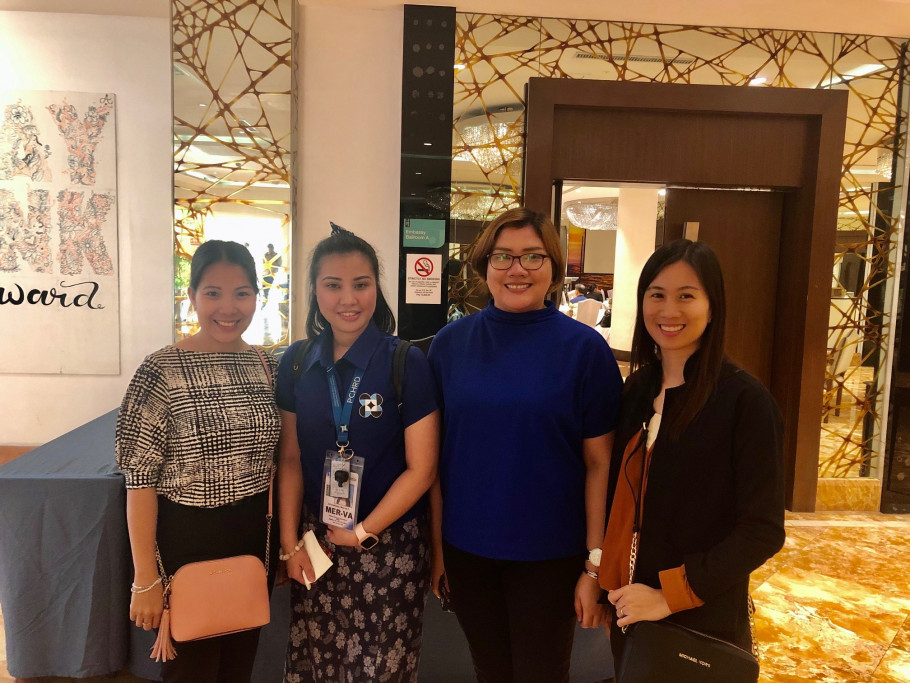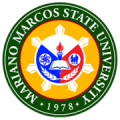
DOST oks MMSU’s P12.3-M project on indigenous plants
By REYNALDO E. ANDRES
The Department of Science and Technology (DOST) has approved the PhP12.3 million fund for the Phase 2 project of the Mariano Marcos State University - Tuklas Lunas Development Center (MMSU-TLDC) in order to continue embarking the development of herbal and potentially medicinal products using indigenous plant species (IPS) available in Ilocos Norte.
MMSU President Shirley C. Agrupis said this second phase of the TLDC project will surely contribute in ensuring the health of the people and in optimizing the potentials of underutilized plant species.
The first phase of the project, “Development of Anti-Inflammatory Herbal Products from Ilocos Indigenous Plants,” started in 2018 after the DOST approved a PhP35-million fund for the anti-inflammatory drugs research project. From this amount, the DOST initially released a PHP12-million for the Phase 1. Immediately, the University has started doing research on at least 11 selected IPS that will be used to make anti-inflammatory herbal products.
The plants have long been known to have anti-inflammatory properties, based on their reported folkloric uses. These were identified and culled from the 46 IPS in the province that were documented and characterized by MMSU researchers Menisa A. Antonio, Rodel T. Utrera, Dr. Epifania O. Agustin, Dioniso L. Jamias, Araceli Badar, and Dr. Miriam E. Pascua.
Prior to the approval of the fund for the Phase II project, MMSU-TLDC Chief Anabelle B. Alejo and Prof. Kristian Gay D. Beltran presented the project, “Formulation Dosage Forms from Standardized Non-Toxic Bioactive Extracts from Indigenous Plants” in an executive committee meeting with the DOST officials held at the Hotel Jen, Pasay City last February 20.
Prof. Alejo said the Phase II aims to discover and optimize the potentials of another five indigenous plants in the province for medicinal purposes.
Dr. Agrupis has welcomed the approval of the fund, saying the people, especially those from rural communities, need affordable, effective, and organic medicinal products from indigenous plant species to address health-related concerns.
Survey results showed that the IPS are grown from seven composite towns in Ilocos Norte – Adams, Pagudpud, Bangui, Dumalneg, Vintar, Carasi, and Nueva Era. (with a report from D.P. Tapaoan, Jr.)
Gallery

Dear Valued Client,
We will be introducing our newly upgraded website on October 31, 2024 – offering faster access, improved navigation, and enriched content for students, faculty, partners, and stakeholders. Experience how we cultivate minds and transform futures at MMSU.

 CAFSD
CAFSD CASAT
CASAT CAS
CAS CBEA
CBEA CCIS
CCIS COE
COE CHS
CHS CIT
CIT CTE
CTE COM
COM CVM
CVM Graduate School
Graduate School




